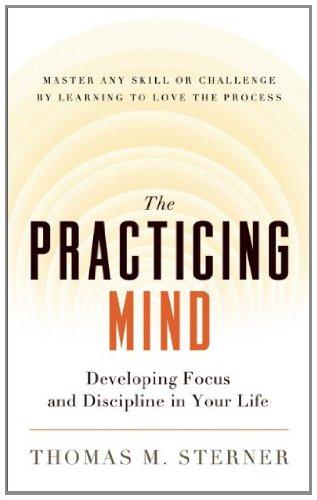
By cuterose
Bringing discipline, patience, and focus to the workplace
Chess is another hobby that I’m steeped in. I spent many hours during my childhood years in Hungary in the company of my grandfather, who was a chess grandmaster. This game is an exceptional means to cultivate the virtue of patience. In chess, you’re not just living in the moment—you’re protecting. You’re making calculations about your next move and the one after that.

One of my colleagues swears his passion for skateboarding helps him rein in his desire for immediacy and instant results. Skateboarding is harder than it looks, and it requires endless reserves of tenacity to improve your technique. It takes time to build up muscle memory so you can pull off the same moves and tricks every time. Then there are what are called “performance plateaus.” When skaters hit these, they must force themselves to take a break, let go, and stop trying to progress to the next level for a while. Yes, the skill is there, but the best skaters accept that their minds need a little time to catch up and prepare sometimes. That requires patience.
In the business world, the best employees aren’t necessarily the loudest and busiest people in the room. Society expects professionals, especially leaders, to always be on the move, pushing themselves and others forward to achieve more, and faster. But the greatest people to work with are the ones who recognize the wisdom in being patient. They can resist their instincts to seize control of every situation. They’re comfortable giving their coworkers or employees time to find their own path when dealing with tricky or high-pressure situations.









